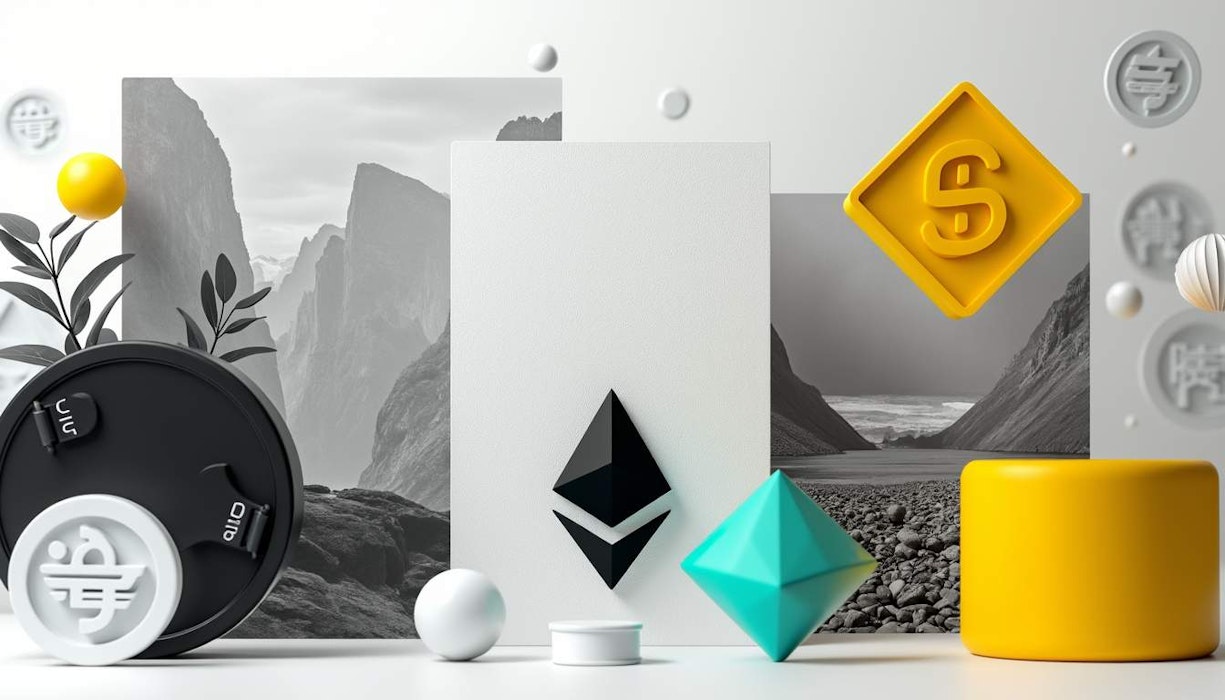Uniswap Labs just dropped a bombshell with their $15.5 million bug bounty program aimed at securing their decentralized exchange. This isn't just about fixing a few lines of code; it's a full-on call to the ethical hacking community to come and test their limits. But as with everything in crypto, there are layers to peel back.
What’s the Deal with the Bounty?
First off, let's break down what this bounty covers. It's not just about the shiny new v4 contracts that they haven't even distributed yet. They're covering all bases—vulnerabilities in any contracts distributed by Uniswap Labs, and even those undistributed ones. And they're throwing some serious cash at it, ranging from $50 for low-risk issues to a staggering $1 million for critical vulnerabilities.
Now, you might think this is all sunshine and rainbows, but there's more to the story. The timing of this announcement coincides with an interesting price movement of their native token, UNI. The token saw a jump from around $9.38 to over $10.88 recently. Coincidence? Maybe not.
Are Bug Bounties Enough?
Here’s where my skepticism kicks in: can one bug bounty program really secure an entire platform? I mean, sure it helps—but it should be part of a multi-layered approach that includes rigorous audits and other security measures.
Let’s look at some other exchanges for comparison:
-
KuCoin recently launched a $1 million bug bounty in partnership with Hacken—seems like they’re trying to up their security game too.
-
Binance has an ongoing bug bounty managed through Bugcrowd, paying out in BNB for vulnerabilities that could affect the platform.
But here’s the kicker: despite how effective these programs can be, many exchanges still don’t have them in place! As of 2019 (and probably still today), only 44 out of 229 verified crypto exchanges had a bug bounty program—leaving tons unprotected.
Final Thoughts
Uniswap's initiative is commendable and sets a precedent for open source crypto exchanges—but let’s not kid ourselves into thinking it's a silver bullet. It should serve as an incentive for other platforms to adopt similar or better practices.
In an industry as nascent and rapidly evolving as ours, building user trust through comprehensive security measures isn’t just smart—it’s essential. So while I appreciate what Uniswap is doing, I can't help but wonder if it's enough...
